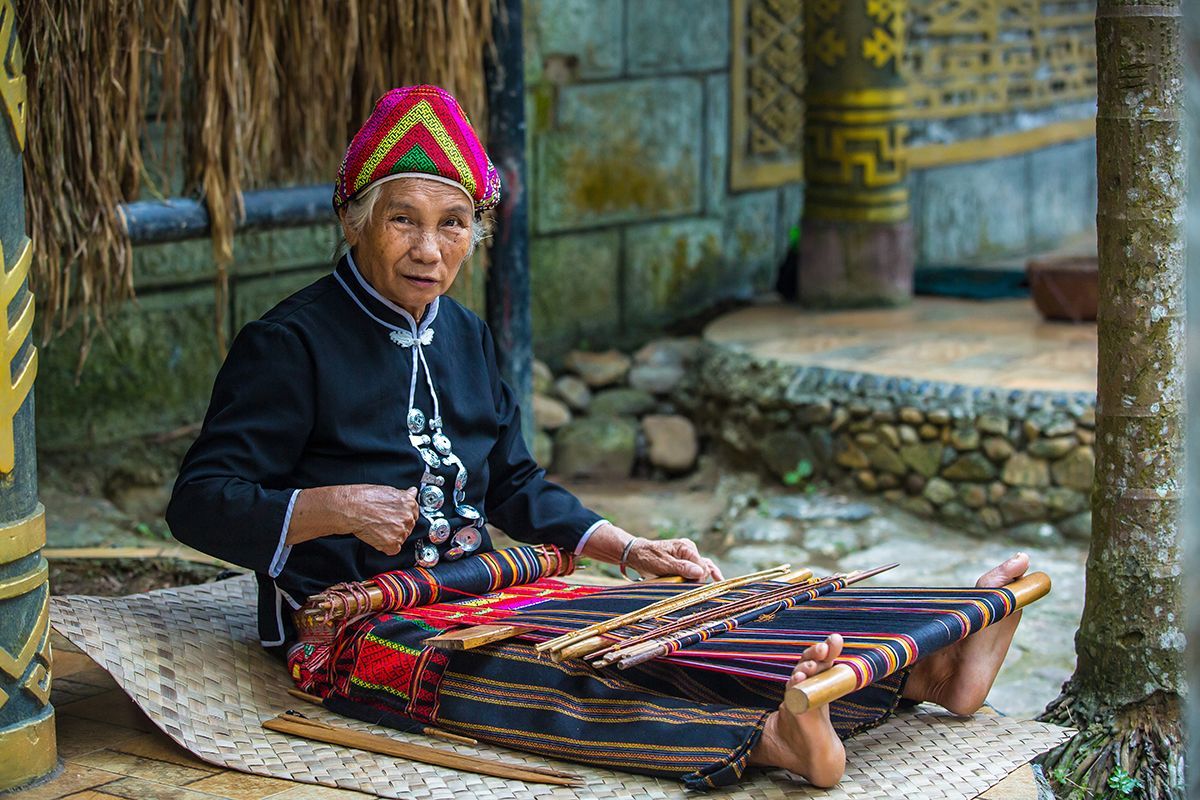© This article is an extract from Paul Hattaway's epic 656-page China’s Book of Martyrs, which profiles more than 1,000 Christian martyrs in China since AD 845, accompanied by over 500 photos. You can order this or many other China books and e-books here.
1900 - Herbert & Mrs. Dixon
August 9, 1900
Xinzhou, Shanxi
Herbert Dixon and his wife.
Herbert Dixon was a veteran of 21 years of service in China, connected with the English Baptist Mission. Before going to China he had been a member of the Downs Baptist Church in the London suburb of Clapton, and a student at Regent’s Park Baptist College. After graduating from college Dixon went to Africa with the Congo Mission. For five years he engaged in pioneer evangelism, but constant fever, bouts with malaria, and the stress of life in the Dark Continent took its toll, until finally, “after severe illness, medical advice absolutely forbade his return to that country.”[1]
Mrs. Dixon (neé Williams) was born in 1855 at St. Davids, Wales. She grew up as a member of a Calvinistic Methodist Church, before commencing a career as a nurse in London. She met Herbert Dixon while he was convalescing in hospital following his time in Africa. They were married on November 1, 1884. Soon the newlyweds made plans for service in China, which was considered a healthier place to live in than Africa.
The Dixons arrived at Taiyuan in the spring of 1885. There were other missionaries based in the capital, but none at Xinzhou about 45 miles (73 km) further north, so the Dixons relocated there and pioneered work in the city and surrounding areas. Their labours prospered. One report noted,
“Opium refugee work, medical work, daily preaching, and country evangelistic work were diligently and successfully carried on…. Younger men had come to give of their strength and vigour in service, and the work amongst the women was…full of high hope and encouragement.”[2]
Herbert and Mrs. Dixon were two of the six British Baptist missionaries—along with the McCurrachs, Sydney Ennals and Bessie Renaut—killed at Xinzhou on August 9, 1900. They had heard about the slaughter of 46 missionaries and their children at Taiyuan on July 9th, and knew their lives would also end in martyrdom unless the Lord did a miracle. The eight missionaries decided their best opportunity for survival was to flee into the hills, hoping to find a hiding place until the storm passed by.
Local Christians lovingly cared for their needs, bringing food under the cover of darkness. The Boxers knew the missionaries were hiding in the mountains, and sent squads to comb the area until they were located. After several weeks the missionaries’ food supply was cut off after the Boxers arrested and killed several Chinese believers caught helping the Xinzhou eight. On July 25th, a message was then sent into the mountains from the magistrate at Xinzhou, offering to protect the missionaries if they would return to the city.
Not knowing if it was a trick to kill them, or if the storm of persecution had passed, the eight decided they would soon die anyway from the dire conditions and so came down from the hills. After entering the city gates they were arrested and imprisoned for two weeks. The local officials told them they would provide an armed escort to the coast, but this was a lie. Herbert Dixon declared, “We are ready to glorify our Lord, by life or by death. If we die, there will certainly be others to take our place.”[3]
The eight Xinzhou missionaries were placed in carts on August 9, 1900, but their journey was a short one. As they passed “between the inner and outer gates of the city, their ‘escort’ suddenly closed around them and other armed men sprang from hiding and brutally beat them all to death.”[4]

1. Forsyth, The China Martyrs of 1900, 444.
2. Forsyth, The China Martyrs of 1900, 444.
3. Hefley, By Their Blood, 16.
4. Hefley, By Their Blood, 16-17.




